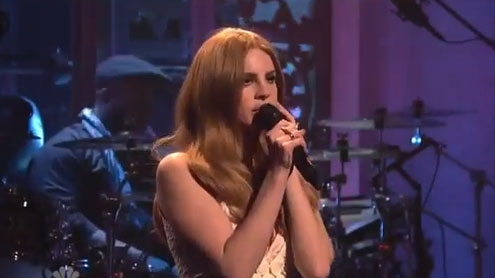 One of the chief lines in the 2003 Richard Linklater film “School of Rock” involves the idea that “one great rock show can change the world.” The line is both a mantra and a throwaway joke, considering the film’s release in a world where the idea of a single brilliant individual performance is more dormant than ever.
One of the chief lines in the 2003 Richard Linklater film “School of Rock” involves the idea that “one great rock show can change the world.” The line is both a mantra and a throwaway joke, considering the film’s release in a world where the idea of a single brilliant individual performance is more dormant than ever.
But can a single performance essentially end a career?
Last Friday, I saw the Columbus, Miss., based The Motions at Green Bar. I like the guys, and the performance was fine; however, it didn’t totally blow me away. Something was missing, but it must be said that even if that missing trait was found, I can’t imagine it would suddenly create a massive schism. Rock is supposedly built on a meritocracy, at least the type of rock that appeals to Southern culture.
I’ve known many friends who create great music that will simply be fine to play if people listen, and I imagine that’s something they’re OK with. Musicians are far less concerned with the magic “world changer” and more concerned with continually pleasing the crowds they have. We all can’t be Bono.
That being said, is this concept one that actually should hold weight again in modern music? After all, we may have seen a career killing performance Saturday night.
Lana Del Rey has attracted attention for her song “Video Games,” an overly sad ballad that is motivated to translate Hemingway’s alienation between man and woman into the modern world of video games. It could just be another sad song about how a relationship is doomed; I’m not good at this song interpretation stuff. It seems it is that particular ambiguity mixed with lush Golden Age Hollywood imagery that has attracted a fan base for Del Rey, so much so that despite not having a full album release, she performed on “Saturday Night Live.”
It is this performance that may show the fatal flaw of “Video Games,” however. Del Rey sings the song in an extremely low octave that either emphasizes emotional detachment or ironic detachment. It’s hard to truly figure out Del Rey, a super gorgeous woman with an affinity for silky style. Unfortunately, Del Rey may have found that line too hard to determine on her own, singing “Video Games” with off-pitch nervousness that just sounds awful.
This may not even be Del Rey’s fault. Her image is of a confident ice queen (think January Jones in everything where a director thought January Jones could act), not a performer known for stage fright (akin to semi-sound-alike Cat Power). When the image is shattered on a massive national stage, the allure is gone. Del Rey stood, sang off-key, did nothing interesting and validated criticism of her as a music industry automaton almost immediately.
By comparison, The Motions vocalist Toby Hartleroad opened his show with an elaborate introduction for every member of the band. Hartleroad has clearly worked on his showman skills, and the idea that one show can be special. He gleefully told me that the band was completely different, and you could certainly hear something out of his truth. I listened and liked it, but again, it didn’t change the world.
So does the career maker/career killer concept go both ways, or have we spiraled to waiting for failure? I don’t know. That would suck pretty badly. Still, the meritocracy of rock is still present, and it may have taken down Lana Del Rey’s sudden career with it.







